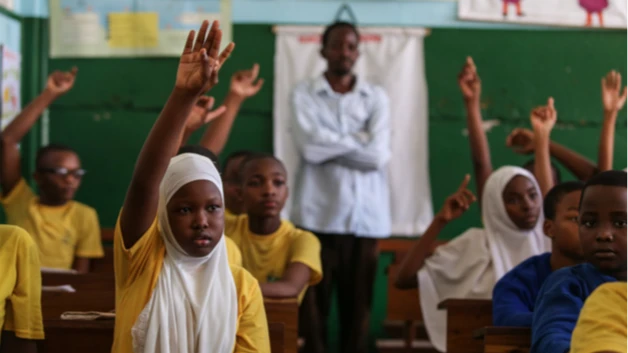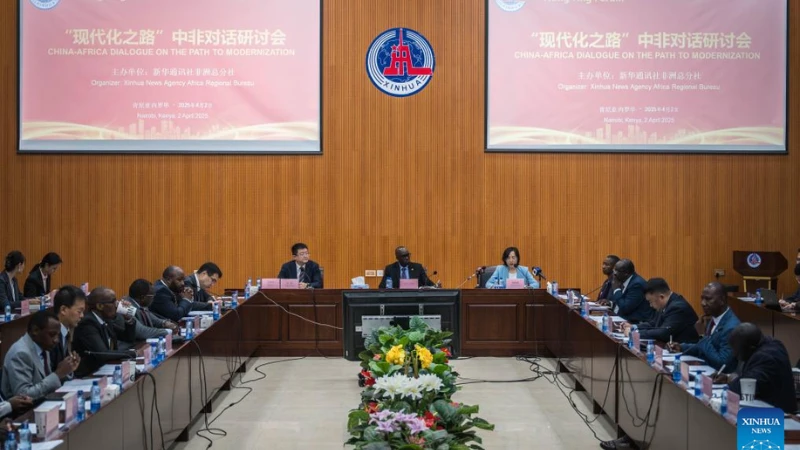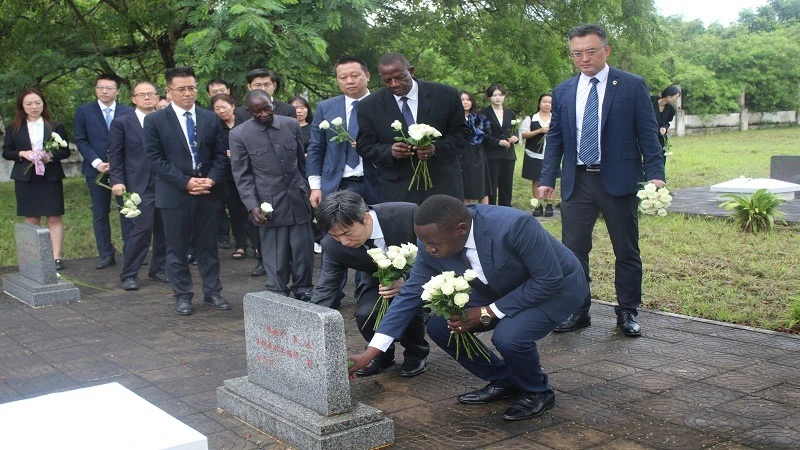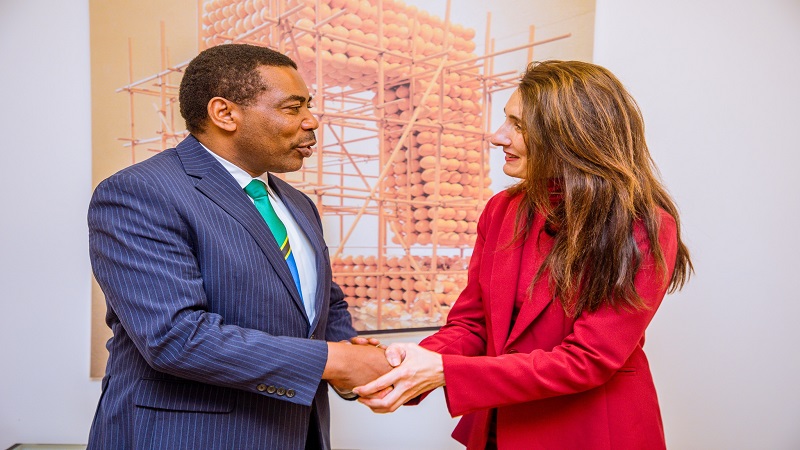The necessity of reforms in primary education system

THE role of educational experts is to continually evaluate the performance of the education system. Despite numerous reforms aimed at improving learning outcomes, further changes are necessary to align education with evolving ways of thinking and doing things.
The dynamic nature of the world necessitates continuous adaptation to ensure that our education system remains relevant and effective. As the world becomes increasingly interconnected, global developments inevitably influence our local education system.
To remain competitive and foster socio-economic growth, education must evolve in response to these changes. Hesitation in implementing reforms could lead to stagnation, ultimately hindering national development, which heavily relies on education as a driving force.
One significant area requiring attention is the relevance of subjects taught in schools. For example, recent curriculum changes have led to the exclusion of civic and moral education from primary education.
The education system should function as a stabilizing force, addressing societal needs while ensuring both development and security. Regular assessments of curricular content are essential to determine which subjects should be prioritized at any given time.
It is crucial to allocate sufficient time to core subjects so that students acquire the necessary skills to navigate contemporary challenges. The modern world emphasizes 21st-century skills, which should be embedded in primary education.
Allocating sufficient time to core subjects in primary education ensures that students develop the fundamental skills necessary for lifelong learning and success.
The modern world requires skills such as digital literacy, scientific inquiry, and environmental awareness. Prioritizing core subjects ensures students develop competencies that align with global trends.
Students who spend more time on foundational subjects perform better in assessments and standardized tests. Mastery of these subjects leads to improved overall academic achievement.
The government, through the Ministry of Education and Vocational Training and other key stakeholders must assess how well the current system equips learners with these essential competencies.
Key aspects to examine in educational reforms include the subjects taught, their weekly instructional hours, and the appropriate grade levels for introducing specific subjects.
For instance, under the outgoing curriculum, vocational skills were introduced in Standard Five and continued through Standard Seven. However, when considering 21st-century skills, a critical review of subject distribution from Standard Three to Standard Seven is necessary.
A possible proposal is to streamline the curriculum for Standard Three and Four by focusing on five core subjects: English, Kiswahili, Science, Mathematics, and Geography and Environment.
Allocating more time to language subjects like English and Kiswahili helps students develop reading, writing, and communication skills, which are necessary for understanding other subjects.
Mathematics is integral to many fields, including science, technology, engineering, and economics. More time spent on math ensures that students develop problem-solving and analytical skills, which are vital in the modern world.
Meanwhile, students in Standard Five to Seven would continue with the current seven-subject framework. Reducing the subject load in lower primary levels would allow students to develop a strong foundation in essential skills.
Reading, writing, and arithmetic require ample practice, yet some students in Standard Three and Four still struggle with literacy. Subjects like ‘Historia ya Tanzania na Maadili’ as well as Arts and Sports could be introduced in later grades when students have gained stronger foundational skills.
Young learners also need sufficient time for rest and play, which are crucial for their cognitive and physical development.
A streamlined curriculum for lower primary levels would yield several benefits such as improved language proficiency whereas mastery of language requires extensive practice.
Reducing the number of subjects would provide learners with more time to develop their proficiency in both Kiswahili and English. Effective communication is a crucial 21st-century skill and a prerequisite for understanding other subjects. Addressing language barriers at an early stage would enhance overall learning outcomes.
Mathematics is fundamental to advanced subjects such as Chemistry, Physics, Economics, and Engineering. Adequate practice is essential for mastering mathematical concepts.
Strengthening students’ mathematical foundation in lower grades would facilitate better comprehension of complex subjects in higher levels of education. Additionally, mathematical proficiency fosters critical thinking, another key skill for the modern era. A well-rounded student excelling in mathematics is likely to perform well in humanities subjects as well.
Introducing Science and Geography at an early stage would help learners develop a clear understanding of themselves and their surroundings. This foundational knowledge would facilitate easier learning of Arts, Sports, and History in later years. A solid grasp of environmental and social concepts would prepare students for active participation in socio-economic activities, contributing to national development.
The fast-paced changes in various aspects of life make it imperative to continuously reform of our education system to ensure Standard Seven leavers are well-equipped for contemporary challenges.
Modern success depends more on skills than on mere certification. Intentional efforts should be made to produce individuals who are knowledgeable, self-reliant, and innovative.
The ability to think critically and generate new ideas is essential for enhancing productivity and improving quality of life. In today’s globalized world, relying solely on local approaches is becoming increasingly unsustainable.
The key to progress lies in global thinking, even when acting locally. Education must remain adaptable, embracing necessary changes to prepare students for the realities of the 21st century.
Top Headlines
© 2025 IPPMEDIA.COM. ALL RIGHTS RESERVED

























